Science fiction is the genre utilized by visionary writers to transcend the barriers of the mundane and imagine a completely different society wielding unimaginably complex technology or, on the contrary, broken down post apocalyptic scenarios where humanity and adjacent species revert to the cave dwellers stage.
But that is exactly what makes science fiction so great, as not being forced to adapt the storyline to match current events or recreate historically accurate scenarios opens up a world of possibilities. Following, a list of what critics, awards and the number of copies sold deem to be the best sci-fi novels of all time.
1. Frank Herbert’s “Dune”
Arguably the biggest masterpiece of the science fiction genre, Dune has been highly acclaimed by critics and fans. For its authorship, Frank Herbert received the Nebula Prize and the Hugo Award. It is necessary to mention that Dune is only the original book in the 8 novel series written by Frank Herbert and Brian Herbert (Frank Herbert’s son) in collaboration Kevin J. Anderson have released several prequels to it. The plot revolves around a desert planet inhabited by rebels of the empire and gigantic sandworms, which just happens to be the only source of mélange – a drug with invaluable properties – in the galaxy. The immersive story involves political plots, strange religions and humanity’s time old quest for a messiah.
2. Robert Heinlein’s “Stranger in a strange land”
This international best seller shifts the paradigm of aliens completely. Rather than view them as ruthless invaders like H.G. Wells, Robert Heinlein’s tale involves the adventures of a human born among Martians who returns to his home planet. Naturally, his Martian education gives him an entirely new perception of the Earth’s society and he embarks on a journey to overcome the differences of two species and put an end to fear and jealousy between them by creating the Church of All Worlds.
3. Kim Stanley Robinson’s “Red Mars”
Many critics have associated Robinson’s Red Mars with an instruction manual for the terra-forming of new worlds, except this particular manual is packed with an immersive plot, incredibly detailed characters and much more. The story line takes us on a journey alongside the original group of Mars colonists and their adventures of creating a new society. And, the main question is whether or not this planet should be transformed into a second Earth.
4. Isaac Asimov’s “Foundation”
Just like Dune, Isaac Asimov’s Foundation is part of a huge series of novels and has several sequels and prequels. However, most people are only familiar with the Foundation Trilogy, which comprises of:
• Foundation
• Foundation and the Empire
• Second Foundation
The genius and vision of Isaac Asimov are evident in these books, as it weaves a complex tale of human empire that stretched out so far across space that Earth, its planet of origin was nearly forgotten. The fate of all empires, corruption, bureaucracy and intrigues has finally made the empire collapse. However, thanks to one man – the psycho-historian Hari Sheldon – and his desperate attempt to preserve humanity’s achievements and help the race transcend into a new era, there is still hope.
5. Arthur C. Clarke’s “Rendezvous with Rama”
By all accounts, the novel “Rendezvous with Rama” can be regarded as vastly superior to the world famous “2001: A Space Odyssey”. However, because the latter has inspired the popular movie with the same title, few people – safe for the diehard Arthur C. Clarke fans – know about it. In this book, a cylindrical-shaped object enters our solar system and a team of astronauts is sent to investigate its origin and purpose. It is then when they find out that what they believed to be a strange asteroid is in fact an alien craft filled with androids who were preparing to embark on an important mission.
6. Orson Scott Card’s “Ender’s game”
Ender’s game does not disappoint the “bloodthirsty aliens” enthusiasts, as the story pits the genius children of humanity in a battle to the death against the outside invaders. The most brilliant children of Earth are trained by the military to pilot the ships with their minds and to conduct fights in zero gravity. However, the Earth-versus-Aliens component represents only the core of the book’s structure, because Orson Scott Card’s novel analyzes social aspects, battle tactics, human feelings and much more.
7. Connie Willis’ “Doomsday book”
Not many writers can approach the time travel topic in a credible and comprehensive manner, but Connie Willis definitely does it well in the “Doomsday book”. Not only is the elaborate set of laws that govern time traveling impressively concocted, but the dual plane action that follows the history of the 21 century and the 14th century England – both devastated by plague – really keeps readers on their toes.
8. Ray Bradbury’s “Fahrenheit 451”
Ray Bradbury is widely believed to be the master of dystopian societies and Fahrenheit 451 is proof of that. The temperature mentioned in the title is the one at which normal paper ignites and the book tells a story about a world where books are burned in an attempt to suppress manipulation. The result is a world of disillusioned individualism where the main character feels trapped and meaningless until he accidentally comes across books.
9. Philip K. Dick’s “Do androids dream of electric sheep?”
Cleverly disguising the human bigotry and segregation instincts under the veil of the dangers posed by artificial intelligence, Philip K. Dick’s novel tells the story of a bounty hunter who is tasked with hunting down 8 androids who escaped from Mars and returned to Earth. And that is only the surface of the book, because the author goes to debate the threshold between biological life and artificial intelligence, as well as which species deserves more rights.
10. William Gibson’s “Neuromancer”
Experts of the sci-fi genre consider William Gibson the promoter of the cyberpunk and suggest that without his influence, it would have substantially fewer books today. The cyberpunk movement and its associated lexicon originate from the 1980s generation, a period back to which we can trace the roots of original commercial internet. Neuromancer is the story of a hacker who uses the global computer network – notice the similarity with the internet – for stealing information and his communication pathways are destroyed upon being captured. However, all hope is not lost, because an ex-military officers promises to “fix” him, in exchange for his help.

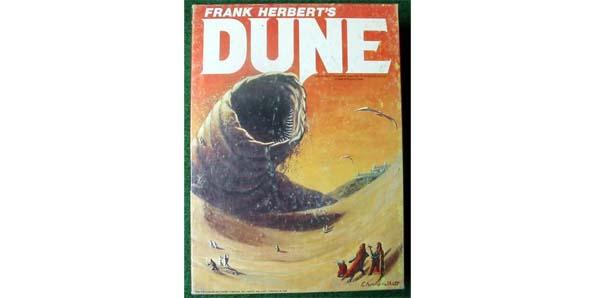


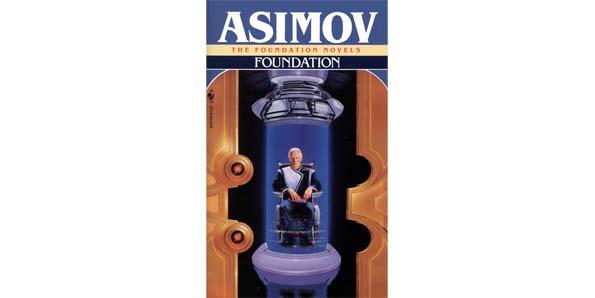
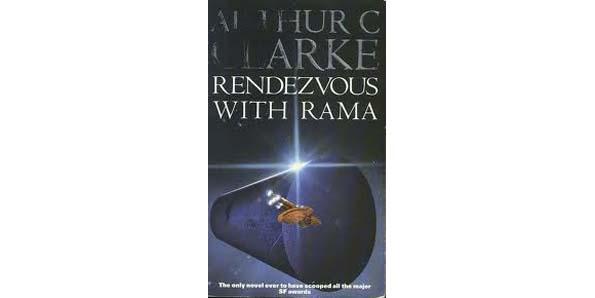
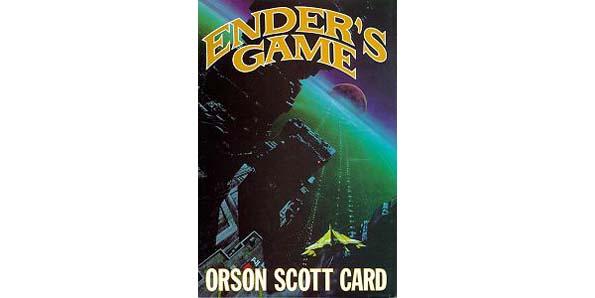
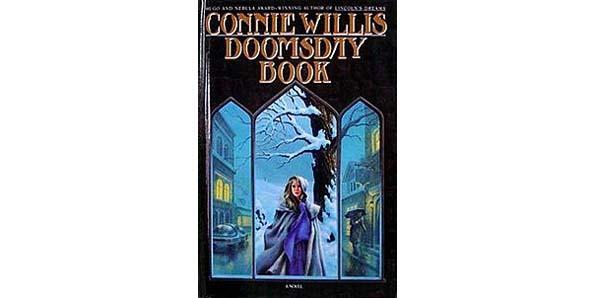
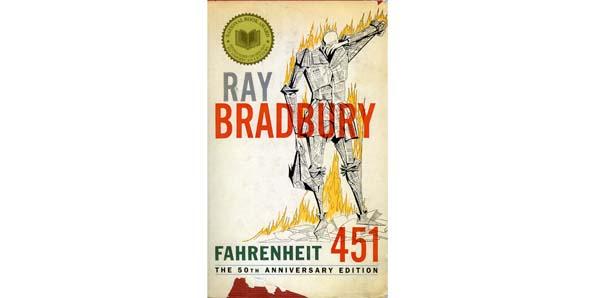
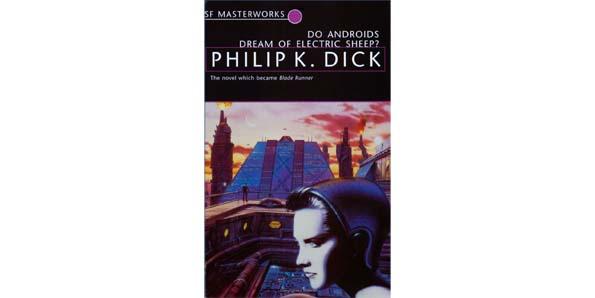
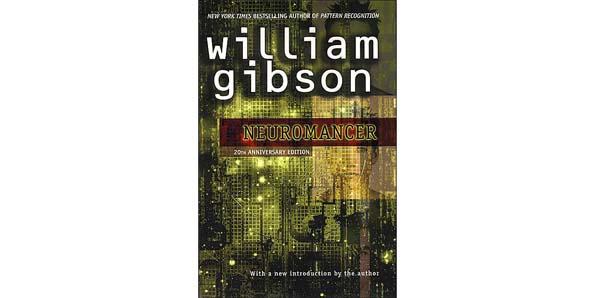
Do Androids Dream of Electric Sheep is not Dicks best novel just his most famous. I would go with Ubik or The Man in the High Castle. Foundation is nearly unreadable. Asimov is a terrible writer and has dated poorly.